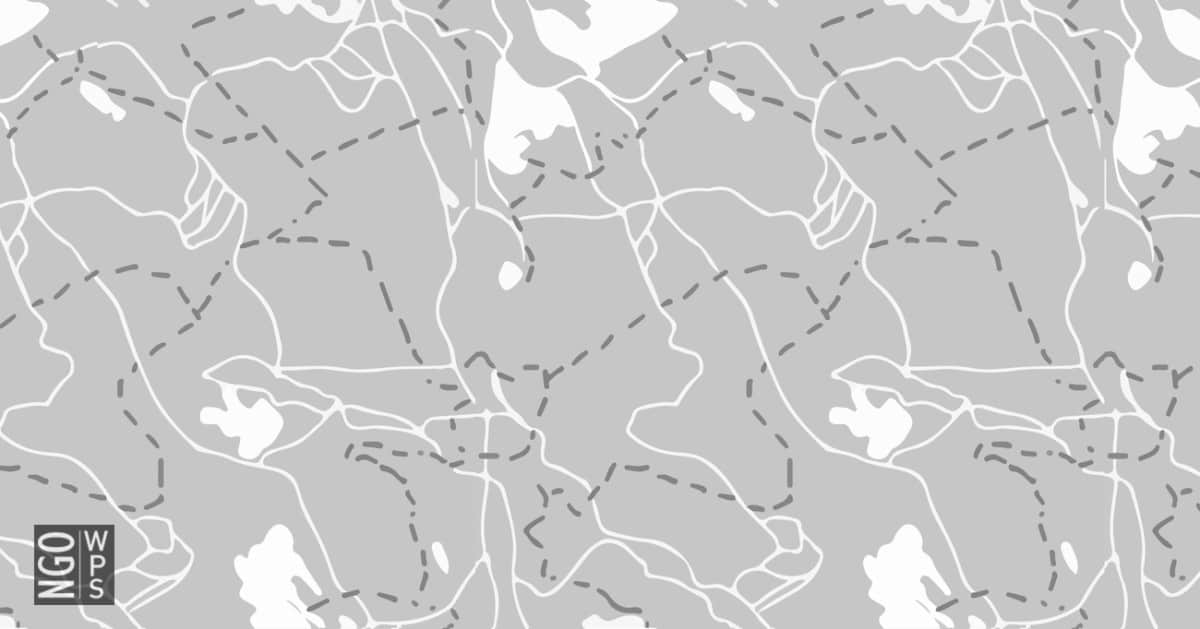Ukraine
Ukraine
Current and Past Recommendations to the UN Security Council (Monthly Action Points)
As the conflict in Ukraine moves into its sixth month, the severity and scale of the humanitarian crisis continues to grow, with hundreds of thousands of individuals newly displaced over the last month, and potentially up to 500,000 more before winter. Due to destruction of critical infrastructure in some regions of the country, the majority of the remaining civilian population, often comprised of large numbers of older women and women with disabilities, is entirely dependent on aid for food, water, clothing, and shelter. In Mykolaiv, for example, the severe water shortage places women with mobility challenges at high risk of dehydration because they are unable to travel to access bottled water when it is distributed. In Kharkiv, the concentration of aid distribution in urban areas results in older women living in rural areas, who were already more food insecure prior to the war, at risk of dying of hunger. Gender-based violence of all forms, including sexual violence, domestic violence, and trafficking, continues to increase for all women and girls due to the multiple and intersecting impacts of the conflict, including lack of access to services, livelihoods, increased caregiving obligations, and lack of access to adequate shelter. In its discussions on the situation in Ukraine, the Security Council should:
- Demand an immediate cessation of hostilities, end to civilian harm, respect for international humanitarian and human rights law, and ensure that all investigations of violations, including alleged war crimes and crimes against humanity, fully encompass and address the gendered and intersectional elements of these crimes.
- Support measures to promote the inclusive and meaningful participation and leadership of women from diverse communities at all levels of peace and political processes and humanitarian response, including in-country coordination mechanisms, and further liaise, partner, and consult with diverse women leaders, women’s rights and peacebuilding groups, persons with disabilities, LGBTIQ+ people, stateless people, and members of the Roma community and other minority groups.
- Reinforce the importance of ensuring that sex, age, gender, and disability-sensitive data and intersectional gender-sensitive analysis informs all facets of the humanitarian response, including at border crossings and reception centers, to ensure that individuals fleeing violence do not face additional gender-specific risks, such as sexual exploitation and abuse and trafficking, and accelerate efforts to support local organizations including diverse women’s rights, humanitarian, peacebuilding and LGBTIQ+ groups, in their efforts to provide necessary, frontline support to displaced populations.
- Emphasize the importance of addressing the conditions and factors that heighten the risk of all forms of GBV, including domestic violence and trafficking by ensuring all aspects of the response are inclusive, non-discriminatory, and transparent, including by ensuring access to appropriate, adapted and accessible information through various channels, especially on the protection risks they face, how to seek help and report complaints; civil status documentation, accessibility of services to those without documentation, prioritizing the gender-sensitive distribution of cash and social support to groups already marginalized and without resources, equal application of temporary protection for all people wishing to cross a border, provision of opportunities for livelihoods for displaced people that include social support, such as child care, and access to sexual and reproductive healthcare, including maternal, newborn and child health and GBV response services, and early medical abortion for displaced populations, safe abortion and post-abortion care, and a range of contraceptive options including emergency contraceptive and long-acting methods for displaced populations, and mental health and psychosocial support for adults and children.
- Promote and protect civil society space and ensure a safe and enabling environment for civil society, journalists, peacebuilders and all human rights defenders, including diverse women and LGBTIQ+ people, in both Ukraine and Russia, in order to fulfill obligations under international human rights law, and actively push back against disinformation, stigmatization and persecution of civil society actors engaged in criticizing warring parties, providing and disseminating information, defending human rights, providing basic services, promoting dialogue, and peacebuilding.
Relevant Resources






